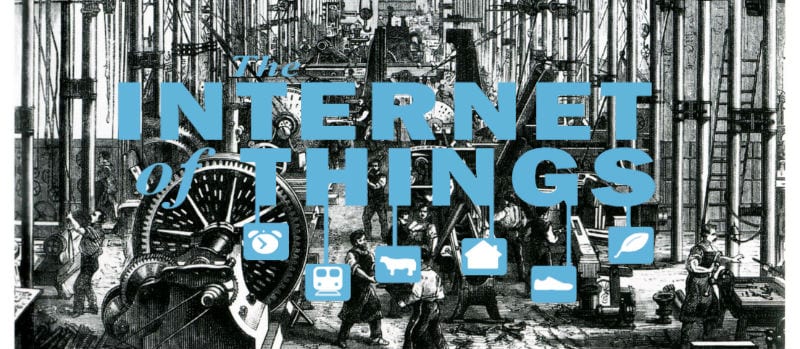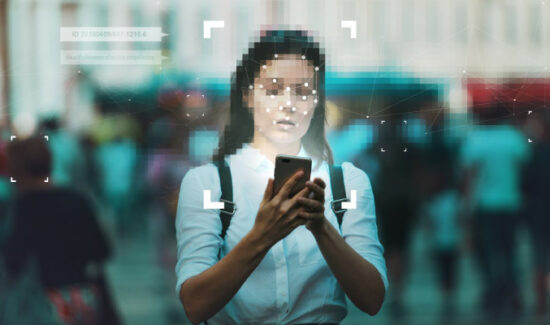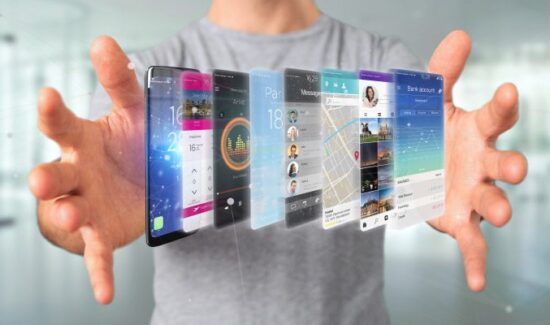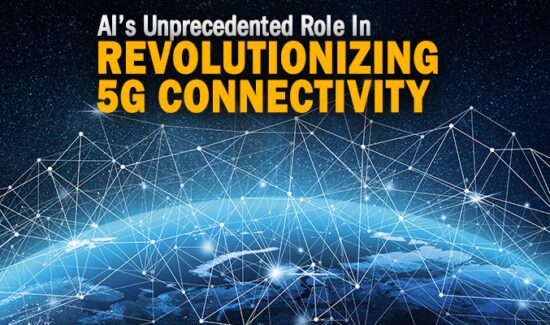IoT, Enterprises and the Next Industrial Revolution

Thinking about the Internet of Things (IoT) as something comparable to the Industrial Revolution is an odd concept to digest, but it may not me too far off base. Ralph de la Vega, CEO of AT&T’s mobile and business units seems to think that’s exactly what’s about to happen. Not only will the IoT change the way we conduct our day to day lives, but the impact it has on the enterprise could devastate the job market, or enhance and create jobs that wouldn’t have been possible without the quick connections the IoT will provide.
If we remember the Industrial Revolution, there was a very serious transitional period where certain jobs and ways of life, gave way to the machines as faster and more cost effective means of production were implemented. While new jobs were created, old ones became obsolete. People left their homes in search of factory jobs; the population in cities in the western world boomed as people migrated there in search of work. The industrial revolution changed the very way in which people lived their lives and began to shape the world as we know it today.
While the industrial Revolution was a physical change, if we imagine the wide-spread adoption of the IoT as comparable in scale, what kind of change can we expect? The IoT at it’s very core is intangible and that’s the point. We will no longer have to physically be anywhere because we can actually be everywhere. This is especially true when it comes to the enterprise.
Over the past few years, telecommuting has become more popular as the technology has improved. Not only are computers physically smaller and easy to transport from place to place, but cameras and communication technology allow us jump into meetings anywhere in the world front he comfort of the living room couch. And this is all without the IoT.
This concept for the future means that we can live anywhere we want. Location is no longer a factor when it comes to jobs, making people eligible for more jobs, but also making it more competitive since it’s not us against the world instead of us against our neighbors. We could even see the reverse effect of the industrial revolution where people leave the major cities and settle into smaller cities and towns. With the price of property in cities and areas with lots of technology developments like Silicon Valley, New York and Boston, being able to live in a more affordable area will appeal to a lot of people.
The bigger and badder realization of wide spread adaptation of IoT are the jobs that it will effect. If we imagine a future where every aspect of our lives is connected to a network, there are some jobs that just won’t be necessary anymore or jobs that can be done by just one person instead of a team.
Wearable tech that is connected via the IoT could be so useful to us, that it would be foolish to sacrifice that for the sake of keeping a few extra people around. We’re talking chips that every person will wear that will constantly manage your health, alerting you of a health crisis before you even start to show symptoms. You’ll never get lost, if you get hurt and fall unconscious, help will come without anyone even having to call. We could have wearables that automatically release insulin into patient’s systems before that even realize they need it. People with severe and deadly allergies could have a tech-capsule inserted in their body that would simultaneously administer epinephrine and call for help.
Those are only a few things that wearables connected to the IoT could do for us but with that comes other factors. When it comes to enterprises and corporate wearables constantly collecting data on employees, where is the line between moderation and invasion of personal space? This concern has been brought up before where employees may feel like they have to act a certain way outside of work because their activity may be tracked. Management may knowingly or unknowingly hold things against their workers that happens outside of work hours.
This is just a taste of what could be coming out way in the next five to ten years. While we’re still carrying around multiple clunky devices, it’s hard to not get excited about what the future holds for our lifestyles. This whole smartphone culture is still very new to all of us but already we find ourselves horror-struck at the idea of conducting our lives without Google (seriously,how would we get anywhere without Google Maps?), or not having our entire lives just a swipe away. We’ve become dependent on the technology after just 5 short years of it becoming mainstream, how will we react to taking it to the next level?
The IoT is coming. Whether it will be as impactful as the Industrial Revolution remains to be seen, but I don’t find that statement to be off base at all. While our lives may change, one thing remains the same; there will always be malware out there trying to screw up your day and steal all your important data and if you’re on the fence about investing in the mobile future of your company, now is a the time to seriously look at your company and try and see what kinds of tech you can imagine using in the next five years.
As the tech evolves so will the MDM, and EMM solutions. These solutions providers know what could be potentioally coming, so if you find yourself with a good provider, they will adapt rapidly as things change. Instead of getting in over your head, it’s best to ease yourself into the changes that you already know are coming.






















